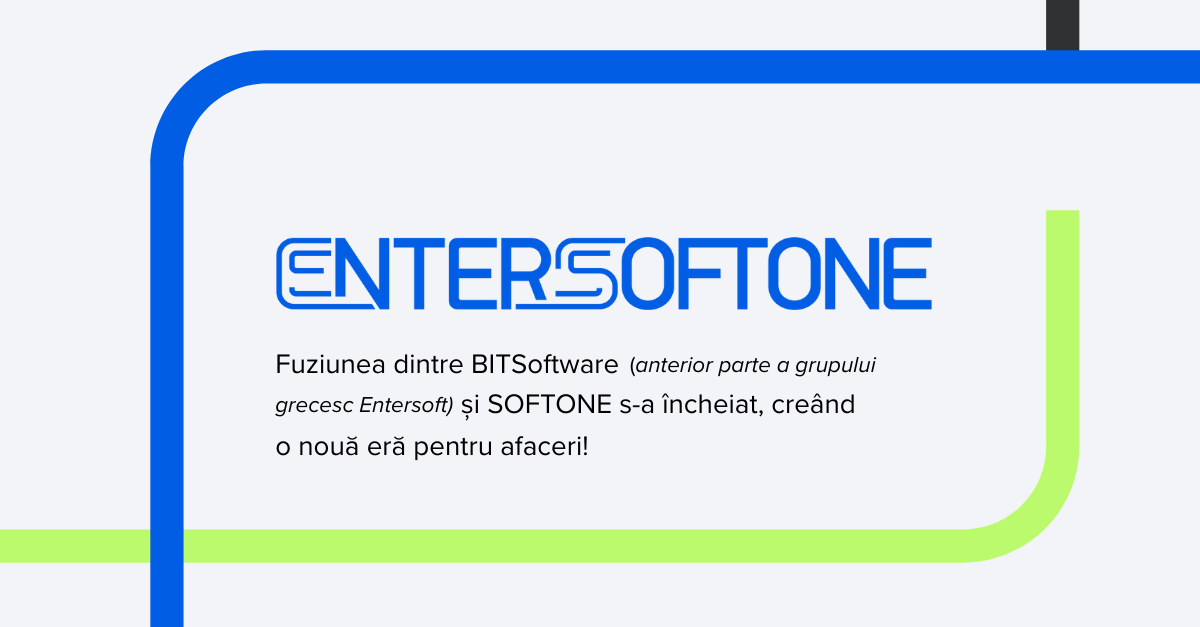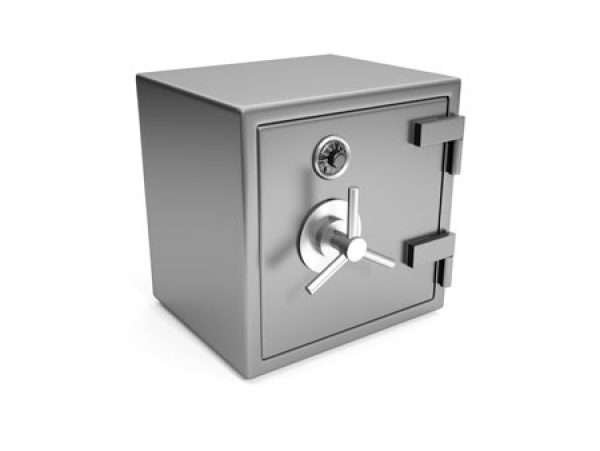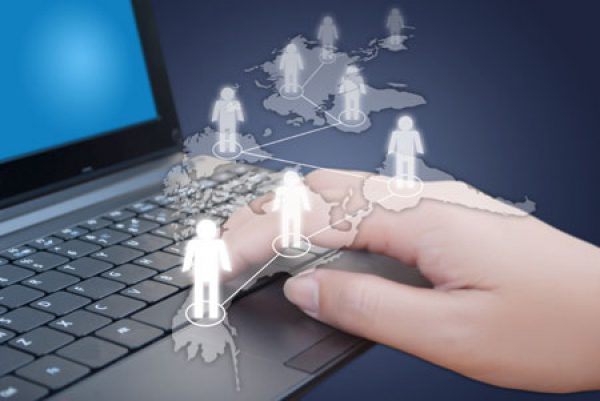Share
Citește și

Noutăți & Evenimente
Marian Gheorghe preia funcția de CEO al ENTERSOFTONE România

Noutăți & Evenimente
BITSoftware devine ENTERSOFTONE în urma fuziunii cu SOFTONE România

Business Software
De ce au nevoie companiile de producție de un soft ERP pentru a rămâne competitive

Noutăți & Evenimente
Digitalizarea în România: Provocări și Oportunități în 2025
Your ERP solution contains vital business information and, therefore, its protection is of paramount importance. The results of a security breach can be truly devastating for your business. So, in order to fortify your defenses, you should:
1. Keep your ERP solution and operating system up to date
Install all updates and patches as soon as they are released.
2. Change passwords on a regular basis
Avoid unauthorized access by changing passwords often and make sure all users set passwords that are hard to guess and include a combination of letters, numbers and special characters.
3. Set access privileges
Employees should have access to the information they actually need in order to perform their duties. Set specific access privileges on a “need to know” basis and restrict access and/or editing rights.
4. Keep accurate records
All activities should be logged and checked on a daily basis, so that you have an accurate view of your system. This applies not only to the ERP solution, but to the operating system as well. Use analytics software to gain a better understanding of the logged activities and avoid getting lost in the data.
5. Maintain your firewall
Your firewall is your first line of defense. Make sure it is updated and capable of blocking unauthorized access to your system. If you have ports that are not being used, block them. Enhance your system security by implementing additional safety measures.
6. Encrypt your data
Encryption is yet another way to defend your data against hackers. All data, including those that are not being directly used, should be encrypted. This is even more important for data coming from mobile devices. Similarly to firewalls, encryption should be used in conjunction with other safety features. It is a valuable tool, but is not enough.
7. Protect your system against fraud
It may sound strange but it is true: internal threats are usually more than external. Protect your system and your data by segregating duties and running regular checks. Make sure your employees follow the safety rules and do not provide vital information that could be used to access your system, unless absolutely necessary. Finally, train your employees on phishing and other threats.
8. Monitor social networks
Social networks are not only a popular means of malicious attacks, but they can also be used for negative criticism. This is why you need to monitor all social activity and know exactly what’s going on at all times.
9. Restrict external storage
Restrict copying files to external devices and drives. This is an important safety measure, especially for critical data such as customer lists.
10. Monitor traffic
Customer and provider portals are windows to the world. They should be checked carefully and customized in a way that minimizes your exposure to threats.







